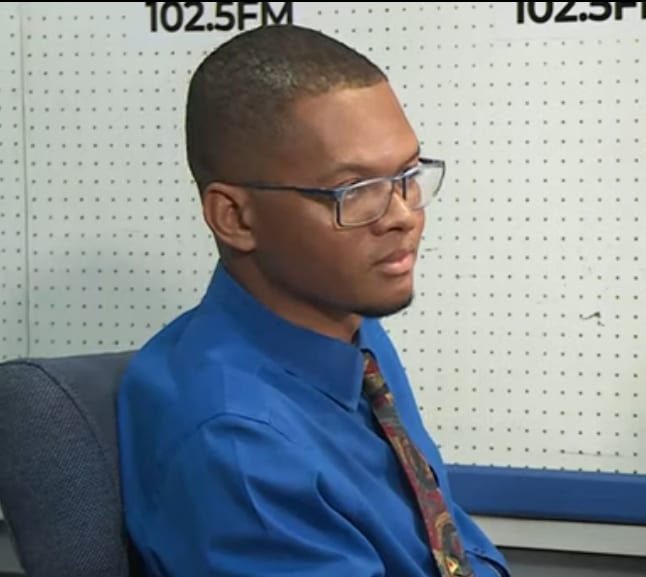Efforts are underway to acquire modern equipment for the Guyana Police Force (GPF) crime laboratory so as to enhance its capability.
“The thing with our crime scene investigation is, it is based on a lot of science and as you know science is ever-evolving. There is a lot of different new technology out there and we are seeking to acquire a lot more,” the laboratory head, Assistant Superintendent Ray Mercurius, said on Tuesday during his appearance on the GPF’s weekly Police and You programme.
The force’s crime laboratory is a section of the Criminal Investigation Department (CID). The lab is made up of several departments including the crime scene unit, photography department, and expert areas such as the ballistics section, bomb disposal unit, and a handwriting department.
Some 32 ranks are currently stationed at the laboratory and some of them are trained in more than one area.
Presently, Mercurius explain-ed, the force is looking at acquiring new equipment to automate some aspects of ballistic testing.
The fingerprint department, he said, already has automated systems.
“There are a lot of new technology out there in terms of fingerprinting. For instance, the old way of getting fingerprints is through dusting. There are now infrared systems that could detect fingerprints much more effectively,” Mercurius noted.
According to Mercurius, as the equipment is being acquired, ranks are being trained on how to use them.
“We are working. Crime and criminals are advancing. They are using the internet, they are reading and so on and they are trying to get better at getting away with what they do and we have to keep up. We don’t have a choice,” the Assistant Superintendent said.
The GPF currently collaborates with the Guyana Forensic Science Laboratory (GFSL).
The GFSL was commissioned in 2014 with four departments – toxicology, documents, trace evidence, and chemistry, and six non-analytical departments – security, quality system, information system, facilities operation, evidence and administration.
Mercurius stressed on the importance of crime scenes. He said they contain evidence, which if tampered with can affect cases.
“In Guyana we tend to have a culture. When we see certain things a large amount of people rush to the area. And that kind of hampers investigation. We need that area to be secured so that when the crime scene team arrives that area is undisturbed. Fingerprint evidence and DNA evidence are there and they are uncontaminated. That is important to have successful prosecution in cases,” he said.
He noted that often times, members of the public are first responders to these scenes and as such they are being urged to take up a leadership role and preserve the scene until the police arrive.
“We need public support in these areas, “Mercurius said.
“…..Try to keep persons out from that area… Advise persons to keep out so you don’t go and contaminate. Don’t go and touch and turn and those things,” he urged.






